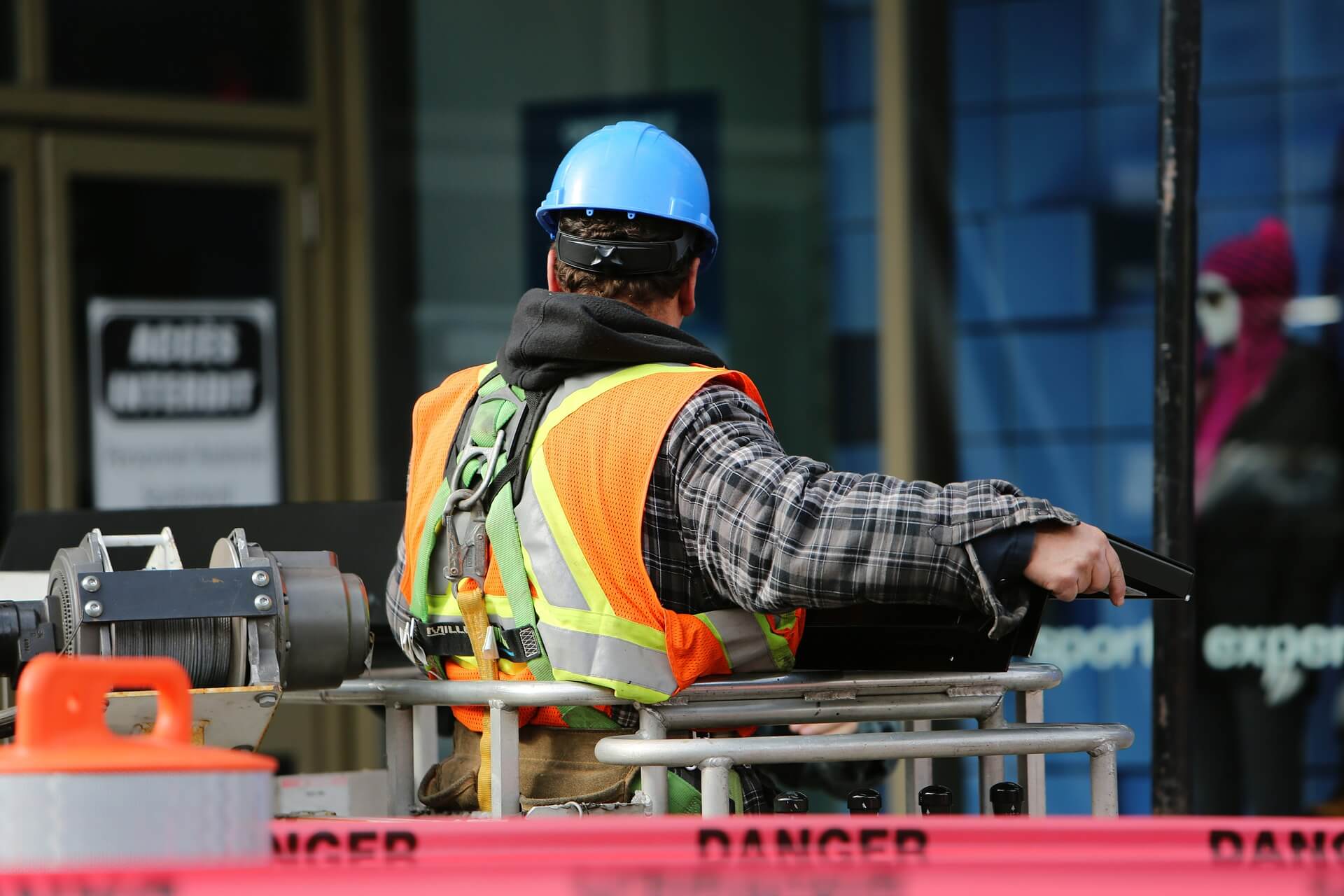Domestic Reverse Charge for building and construction services – are you prepared?
Companies in the construction sector whose payments are reported through the Construction Industry Scheme (CIS) are being urged to check that they are ready for changes in how they report VAT, when the Domestic Reverse Charge VAT rules are implemented later this year.
We take a detailed look at these changes, how they will affect businesses in this sector and what you need to do now to prepare your company.
Should you require advice on this subject, then please do not hesitate to contact our specialist property team at Alexander & Co.
What is Domestic Reverse Charge for building and construction services?
The Domestic Reverse Charge is an instrument in accounting for VAT where a customer charges themselves VAT, rather than a supplier charging this.
Why is it being introduced?
The aim is to reduce criminal activity on the VAT system in the construction industry, whereas companies collect VAT, but do not pass this on to HMRC as they ‘go missing’ before it is declared to HMRC.
Similar measures have been introduced in other sectors including mobile telephones and gas & electricity.
How will this affect me?
In specific circumstances within the construction industry, you will no longer need to charge VAT to your customers or no longer be charged VAT by your suppliers. You are required to review your contracts with customers and suppliers to assess whether this will apply.
Unlike other types of reverse charges, these will not count towards the VAT registration threshold, which is good news for smaller businesses.
What type of transactions does it cover?
It applies to supplies where payments are reported through CIS. The affected supplies are closely aligned to those defined as construction operations under CIS.
These include construction, alteration, repair, extension, painting and decorating, plus the demolition of buildings, civil engineering and the installation of heating, lighting and air-conditioning.
It also applies to services which form an integral part of, or are preparatory to, or are for rendering complete, the services described above.
What transactions are specifically excluded?
There are several exclusions if supplied on their own. These include, but are not limited to:
- The professional work of architects or surveyors and other specific consultants
- Drilling for, or extraction of, oil or natural gas
- Extraction of minerals and tunnelling or boring, or construction of underground works, for this purpose
- Manufacture of building or engineering components or equipment, materials, plant or machinery, or delivery of any of these things to site
- The installation of seating, blinds and shutters
- The installation of security systems, including burglar alarms, closed-circuit television and public address systems

Are there any other complexities?
Yes, if there is a reverse charge element in a supply, then the whole supply will be subject to the domestic reverse charge (this is known as mixed supplies).
Furthermore, if there has already been a domestic reverse charge supply on a construction site, at the agreement of both parties, any further supplies to that site between the same parties can be treated in the same way.
When is this being introduced? Will there be a transitional period?
Originally set to be introduced in October 2019, the government has now delayed the Domestic Reverse Charge until 1 October 2020 perhaps
Whilst HMRC has stated that it “will apply a light touch in dealing with related errors in the first six months, where businesses are trying to comply with the new legislation” It has been highlighted by HMRC that those knowingly claiming end-user status falsely, will still be liable for the output tax that should have been paid and may also be liable for penalties.
This could have a significant impact on cash flow and accounting practices in the construction sector. Indeed, The Federation of Master Builder (FMB) has only recently called for a delay to its implementation. This is following PMI data (Purchasing Managers’ Indexes, economic indicators derived from monthly surveys of private sector companies) published showing that construction activity has fallen for the third month in a row and the optimism of businesses in the sector has dropped to its lowest levels since 2012.
The FMB describes the tax change as complex and burdensome, which risk sending small businesses to the wall. It also believes that the Government’s guidance on the policy is confusing and complex, and it wasn’t published with enough time for companies to prepare.
What actions do businesses need to take now to be prepared?
It is most unlikely that there will be any delay in the implementation of this, so affected businesses need to be ready ahead of the 1 October 2019 date.
Businesses in this sector will need to review their arrangements with customers and suppliers. If a service meets the criteria and you are VAT registered and CIS registered, you will need to stop charging VAT to applicable customers from 1 October 2019. Likewise, you will need to check that suppliers are not charging you VAT, if you are not an end-user.
You will need to obtain notification from customers that they are an end-user together with confirmation of their VAT registration and CIS status.
If you use accountancy software, you will need to check that the tax codes are correct. You may need to make changes to implement the new system.
You should also consider if these changes are likely to have any impact on your cash flow and how you can alleviate any pressure that this will cause.
The UK Government has produced a useful flowchart to check if the reverse charge would apply. You can view this here.
How can Alexander & Co help?
Should you have any questions regarding the implementation of the Domestic Reverse Charge and how it will affect you, or any other tax or accountancy issues, we are able to assist you. Our specialist property team assists a wide variety of clients in the construction industry.
For Domestic Reverse Charge, we can review your arrangements with customers and suppliers and advice on where this is applicable. We can also advice on any changes required to your accountancy procedures as well as advising on cash flow and other implications of Domestic Reverse Charge to your business.
Contact our expert accountants today! Fill out the contact form below, email us or call us directly on 0161 832 4841
Quick Contact
We would love to hear from you. Please fill out this form and we will be in touch.





